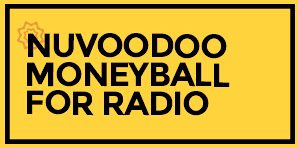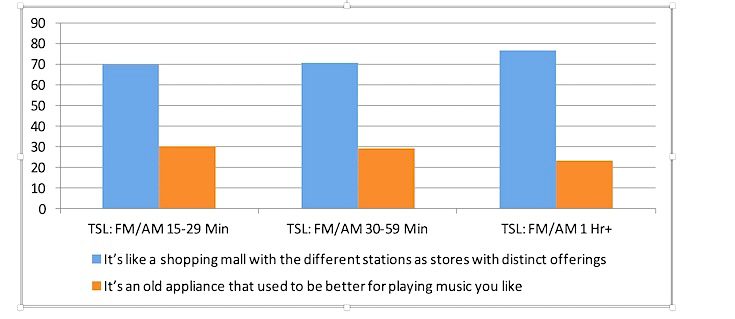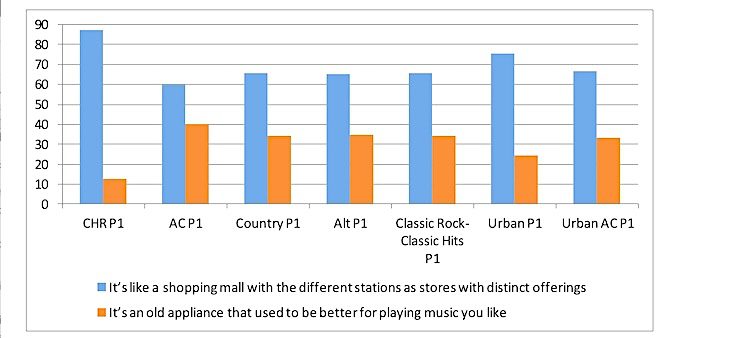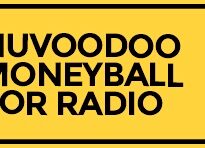Moneyball: Is Your Station an Appliance or a Show?


- It’s like a shopping mall where different stations as like stores with distinct offerings.
- It’s an old appliance that used to be better at playing music you like.
In 2014 the numbers decidedly favored the idea of stations as stores in a mall – with heavier listeners far more inclined toward the mall/stores comparison and a heading for a third of lighter listeners comparing radio to an appliance that used to work better.


In addition to varying by usage level, these opinions also varied by music format constituency. CHR P1s strongly favored radio as distinct brand offerings, while AC – generally the least foreground of the major music formats – is where more conjured up an old appliance.


Discussing studies with stations, managers often cite that they want to know what listeners think of their station. The truth is, of course, that listeners rarely think about stations – they spend their time thinking about their lives. Their jobs. Their health. Their kids. Their money. The things that are really important to them.
To encourage consumers to care about stations, it’s incumbent that we care about them. While many programmers, managers, and radio station staff members care deeply about our listeners and their markets, absent a crisis or local disaster, there’s rarely the opportunity to demonstrate how much they care. Unless your station takes the initiative.
Nearly nine years ago we last asked respondents how important a favorite music radio station or a favorite morning radio show was to them. Even then the generational lines were drawn. With any 25+ demo slice, their favorite music radio station was important to more than was Social Media – though it wasn’t until we jettisoned those born after 1960 that music radio was a clear winner over Social Media. Keep in mind these are data from 2015, people born starting in 1961 – after 1960 – are now 62.


Many of us grew up at a time when radio was our connection to whatever was cool in our youth culture. Network TV didn’t have time or recognize the need to resonate with youth. So-called underground newspapers in some cities helped, but only published weekly. We connected with our culture back then via radio stations with DJ’s who lived and breathed the music culture of the day and connected us to upcoming concerts long before email blasts from Ticketmaster or the artists themselves were imagined.
Programming veterans talk about the “predictable unpredictability” that some stations used to strive for in the past – and many of the very best still do today. It’s a reminder that radio is an entertainment medium and not a utility. There’d be calamitous outcomes if the power company decided it would be fun to change from 60 Hertz to 66 Hertz for a few minutes every few hours or the water company decided to pump Coca Cola instead of water on April Fools’ Day.
But radio needs those irregularities to remain interesting and relevant. It’s the oh-wow or other pleasantly unexpected song in each segment. It’s the promotion wrapped around an event in the market but twisted just enough to get a smile and become worthy of mentioning to friends. It’s thinking about radio as a medium that creates a community – and not just a commodity.
We’re looking forward to getting fresh data on these questions in early 2024. What do you think those numbers will look like?



